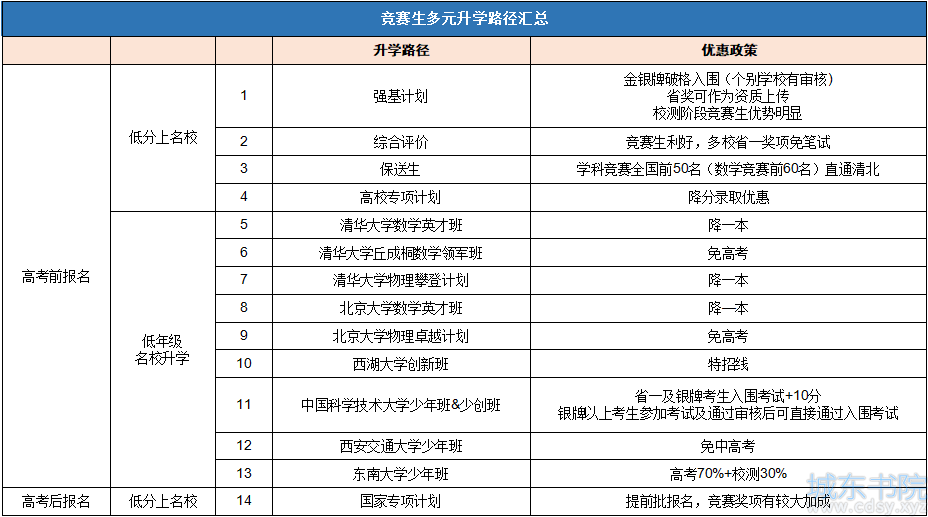windows 动态库的创建和使用
VC6.0做法:
File--新建---工程--win32 Dynamic-link Library 输入工程名和位置,即可进入动态库界面。
以16进制转10进制为例
建立C程序或C++库文件。对于库文件最好用C写,可移植性更强。
#include<stdio.h>
#include<string.h>
#include<math.h>
#include "Hextoint.h"
/*计算字符串是否有四个字节*/
int GetLeghtofHEX(char *p)
{
int count=0;
char *temp =p;
while(*temp++!='\0')
count++;
return count ;
}
/*如果不足四个字节,前4-count位填0*/
char *modifbit(char *p)
{
char tab[5];
int i=0,j=0;
char * temp;
int count=GetLeghtofHEX(p);
if (count!=4)
{
for(i=0;i<4-count;i++)
tab[i]='0';
while(i<4)
{
tab[i]=*(p+j);
j++;
i++;
}
tab[i]='\0';
temp = tab;
}
else
temp=p;
return temp;
}
int Hexstoinit(char *p)
{
int i,j=0;
char string[5]="0000";
int Dec=0,temp;
char *tempoint=p;
char *temp2;
if(strstr(p,"0x"))
{
tempoint=strstr(p,"0x")+2;
}
printf("string=%s\n",tempoint);
temp2=modifbit(tempoint);
//printf("count=%s\n",temp2);
tempoint=temp2;
for(i=3;i>=0;i--)
{
string[j++]=*(tempoint+i);
}
string[4]='\0' ;
printf("string1=%s\n",string);
for(j=0;j<4;j++)
{
if(string[j]<='9')
{
temp=string[j]-'0';
}
else if(string[j]=='a'||string[j]=='A')
temp=10;
else if(string[j]=='b'||string[j]=='B')
temp=11;
else if(string[j]=='c'||string[j]=='C')
temp=12;
else if(string[j]=='d'||string[j]=='D')
temp=13;
else if(string[j]=='e'||string[j]=='E')
temp=14;
else if(string[j]=='f'||string[j]=='F')
temp=15;
Dec+=temp*pow(16,j);
}
printf("string=%d\n",Dec);
return Dec;
}
并将C实现添加到工程。建立头文件,并添加到工程
#ifndef __HEXTOINT_H
#define __HEXTOINT_H
extern "C" _declspec(dllexport) int Hexstoinit(char *p); /*必需声明为动态库export*/
#endif
头文件就是对外的接口,提供给对外使用的手册
编译后,在Debug目录下就产生了DLLlib.dll动态库DLLlib.lib 注意这里的.lib不是真正的静态库,它只是.dll的一个符号表。
动态库使用方法:
文件---新建---win32 application
创建C应用代码,并添加到头文件
将 .h,.lib,.dll都放到当前目录下
#include<stdio.h>
#include"Hextoint.h"
#pragma comment(lib,"DLLlib.lib")/*这里的.lib只是一个符号表,不是一个真正的静态库*/
void main()
{
printf("hello,This is %d",Hexstoinit("0xffF"));
return ;
}
#ifndef __HEXTOINT_H
#define __HEXTOINT_H
extern "C"_declspec(dllimport) int Hexstoinit(char *p);
#endif
VC2008的做法
类似VC6.0
创建一个动态库
文件--新建---工程---win32 project---根据向导选择win32 Dynamic-link library
然后project--add new item 添加头文件和C文件
编译后,在Debug目录下就产生了MyDLL.dll动态库和MyDLL.礼拜。
#ifndef __HEXTOINT_H
#define __HEXTOINT_H
#define ICILIB_UTIL_API __declspec(dllexport)
extern "C" ICILIB_UTIL_API int Hexstoinit(char *p);
#endif
#include<stdio.h>
#include<string.h>
#include<math.h>
#include "MyDLL.h"
/*计算字符串是否有四个字节*/
int GetLeghtofHEX(char *p)
{
int count=0;
char *temp =p;
while(*temp++!='\0')
count++;
return count ;
}
/*如果不足四个字节,前4-count位填0*/
char *modifbit(char *p)
{
char tab[5];
int i=0,j=0;
char * temp;
int count=GetLeghtofHEX(p);
if (count!=4)
{
for(i=0;i<4-count;i++)
tab[i]='0';
while(i<4)
{
tab[i]=*(p+j);
j++;
i++;
}
tab[i]='\0';
temp = tab;
}
else
temp=p;
return temp;
}
int Hexstoinit(char *p)
{
int i,j=0;
char string[5]="0000";
int Dec=0,temp;
char *tempoint=p;
char *temp2;
if(strstr(p,"0x"))
{
tempoint=strstr(p,"0x")+2;
}
printf("string=%s\n",tempoint);
temp2=modifbit(tempoint);
//printf("count=%s\n",temp2);
tempoint=temp2;
for(i=3;i>=0;i--)
{
string[j++]=*(tempoint+i);
}
string[4]='\0' ;
printf("string1=%s\n",string);
for(j=0;j<4;j++)
{
if(string[j]<='9')
{
temp=string[j]-'0';
}
else if(string[j]=='a'||string[j]=='A')
temp=10;
else if(string[j]=='b'||string[j]=='B')
temp=11;
else if(string[j]=='c'||string[j]=='C')
temp=12;
else if(string[j]=='d'||string[j]=='D')
temp=13;
else if(string[j]=='e'||string[j]=='E')
temp=14;
else if(string[j]=='f'||string[j]=='F')
temp=15;
Dec+=temp*pow(16.0,j);
}
printf("string=%d\n",Dec);
return Dec;
}
使用动态库
文件--新建---工程---win32 project---根据向导选择win32 application
然后project--add new item 添加头文件和C文件,将头文件,.dll动态库, .lib 符号表文件放在和.cpp所在的工程下
编译后,链接,执行即可 (执行是.dll.和.exe必需在同一个目录下才能执行)
#ifndef __HEXTOINT_H
#define __HEXTOINT_H
extern "C"_declspec(dllimport) int Hexstoinit(char *p);
#endif
// testmydll.cpp : Defines the entry point for the console application.
//
#include "stdafx.h"
#include<stdio.h>
#include"MyDLL.h"
#pragma comment(lib,"MyDLL.lib")
int _tmain(int argc, _TCHAR* argv[])
{
printf("hello,This is %d",Hexstoinit("0xffF"));
return 0;
}
注意:动态库引用,仅在编译APP和执行APP是链接到DLL,, 所以这个.exe 是包括APP+l动态库的符号表,故该镜像比较小,执行时必需和DLL库放在同一个目录下,多个APP都可以链接它,便于程序的共享。
注意:也可以不在代码中通过#pragma comment显示指出,可以在工程中设置配置库和头文件路径
如果不用#pragma comment指定,则可以直接在VC++中设置,如图2,依次选择tools、options、directories、library files菜单或选项,填入库文件路径。图2中加红圈的部分为我们添加的libTest.lib文件的路径。








 湘公网安备 43102202000103号
湘公网安备 43102202000103号